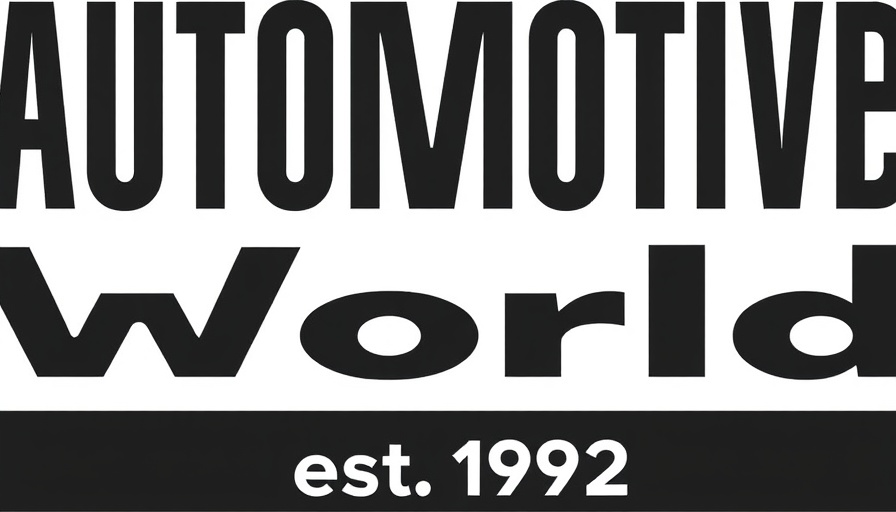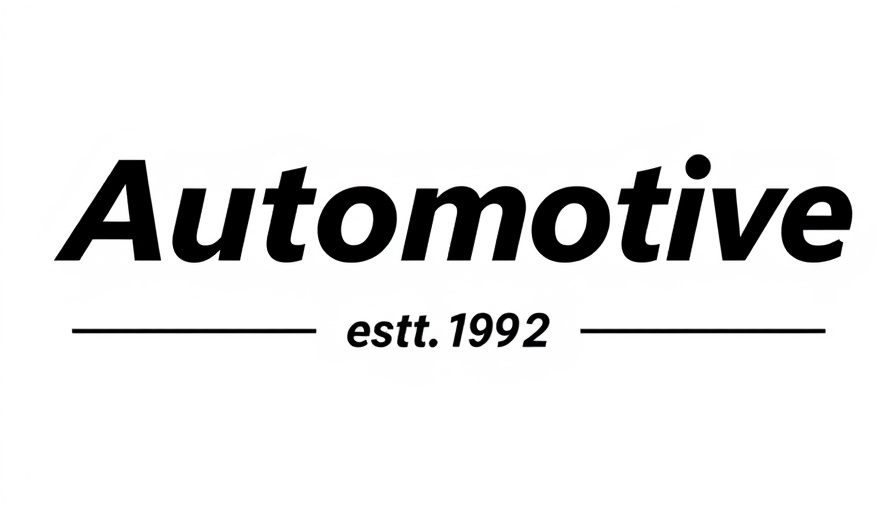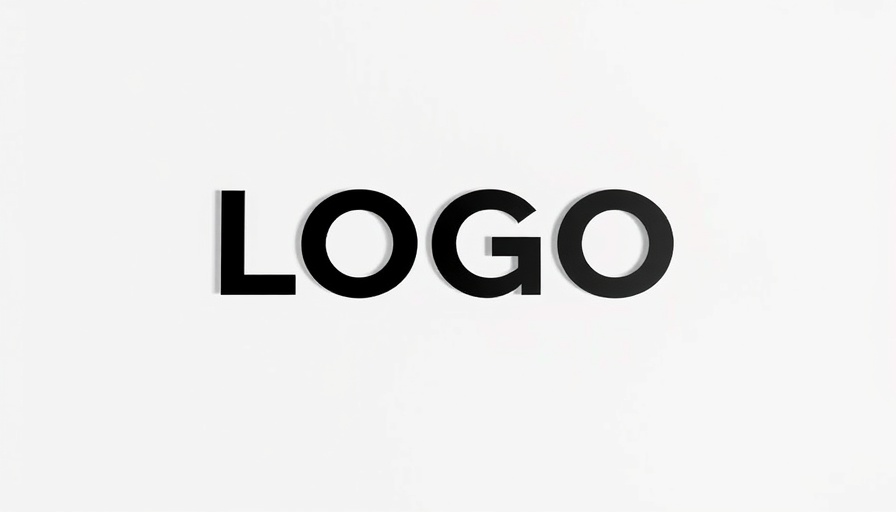
Driving the Future: MAN eTGX Leads BMW’s Sustainable Logistics
The inter-plant transport route between BMW's plants in Leipzig and Regensburg is undergoing a transformation as the MAN eTGX, an all-electric truck, has taken to the road, paving the way for sustainable automotive logistics. With a distance of just under 360 kilometers one way, the project showcases not only the practicality of the eTruck but also significant environmental benefits, as it could lead to a reduction of up to 3,000 tonnes of CO2 emissions annually.
The Impact of Electrification on Logistics
The ongoing shift to electric vehicles in the logistics sector is a promising development. The MAN eTGX truck has demonstrated its efficiency, recording an impressive energy consumption rate of only 75 kWh per 100 kilometers during trials. This performance alleviates concerns about range anxiety, suggesting that electrification is not only feasible but also a strategic choice for logistics companies. Rüdiger Elflein of Elflein forwarding company emphasized the importance of meticulous planning for electric transport, enabling companies to integrate charging stops without disrupting operations.
Environmental Sustainability and Corporate Responsibility
By adopting electric trucks like the MAN eTGX, companies can proactively contribute to corporate sustainability goals. The integration of electric vehicles into fleet operations aligns with BMW’s strategy for reducing logistics emissions, demonstrating a commitment to a greener future. Acknowledging the necessity for a significant reduction in CO2 emissions, the strategic sourcing of renewable energy will further enhance the environmental benefits of using electric trucks. A projection of 251 kg of CO2 saved per route suggests the potential for a massive cumulative reduction when expanded across the fleet's operations.
Practical Insights on Electrification in Logistics
As more companies consider electrifying their fleets, it’s essential to analyze the operational and financial implications. The technological openness evident in Elflein's operations serves as a model for others in the auto sales and logistics sectors. For dealership owners and GMs, investing in electric logistics solutions means understanding both the business case and the impact on bottom-line emissions. Embracing electric transport can not only enhance a company’s environmental credentials but also provide competitive advantages in marketing sustainable transport solutions to environmentally-focused clients.
Navigating Challenges in Electric Logistics
While the benefits are clear, transitioning to an electrified fleet is not without its challenges. The logistics industry requires high precision and reliability, making it crucial for companies to incorporate reliable charging infrastructure into their operations. As electrification progresses, understanding common misconceptions, such as the limitations of electric truck range and operational costs, can help streamline the transition for logistics companies dedicated to sustainability.
In conclusion, the successful trial of the MAN eTGX between BMW’s factories reflects a broader trend in logistics towards electrification, presenting a roadmap for dealerships to align with this evolving landscape. As consumer demand shifts towards more sustainable practices, understanding these innovations will be key to maintaining a competitive edge.
 Add Row
Add Row  Add
Add 

 Add Row
Add Row  Add Element
Add Element 




Write A Comment